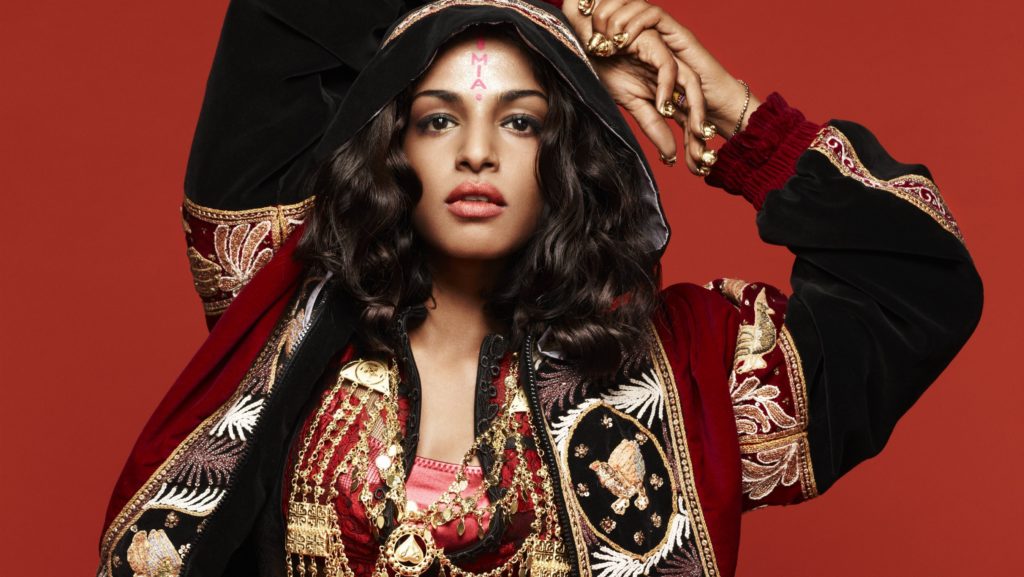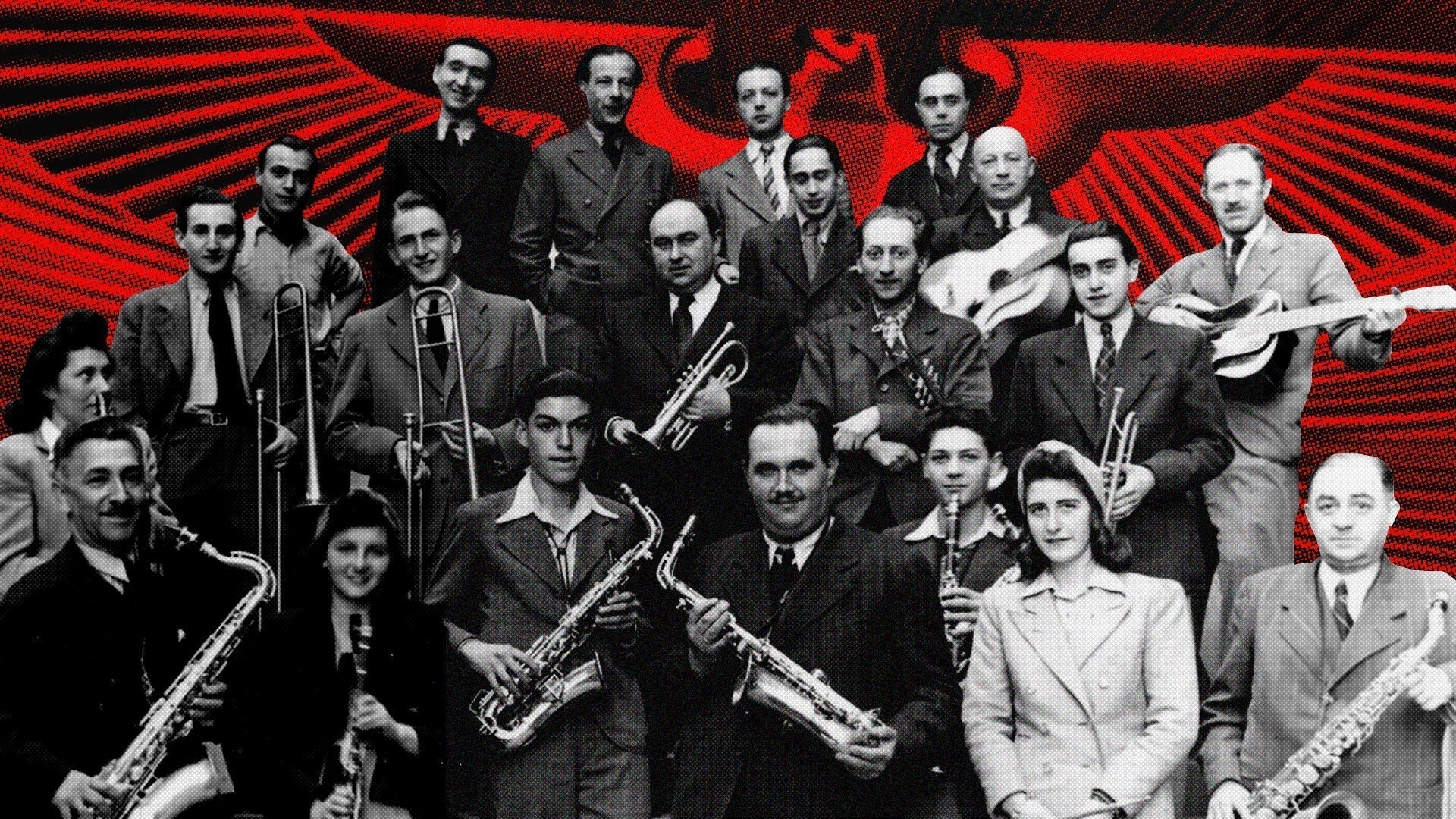M.I.A.’s ‘Kala’: A Kaleidoscope of gritty samples

Born in London & then raised in Sri Lanka, India & back in the U.K., Mathangi “Maya” Arulpragasam, known best as M.I.A., epitomizes what it means to be a citizen of the world. Her music basks in the abundance of the globe, and on no album is that clearer than her vivid, technicolour 2nd full-length, Kala(Interscope,2007).

The album was born out of a globe trek as her visa back to the US was blocked (she was told she matched the profile of a terrorist). However, not being able to record in the United States with A-list producers didn’t bog her down as she layered her album input from far-flung places like war-torn Liberia, the Aborigines in Australia, drummers in India & musicians in Trinidad, resulting in an album that has a decidedly Third World perspective — one that’s not heard nearly enough in music today, in M.I.A.’s opinion.

“India gave me the bulk of it musically, just building the elements, and then Trinidad just gave me loads of inspiration to put those elements together and create songs and light a certain vibe,” she stated as her globe-spanning second album transformed her from a local cult hero to an international superstar.

M.I.A. co-produced more than half of the record pulling in samples & influences from unlikely settings, working heavily alongside Diplo and Switch (pre-Major Lazer) to make beats that are diverse but feel true to the circumstances of the characters on the record. Interestingly, when M.I.A. arrived in India with Switch as her producer the camp was set up at A.R.Rahman’s famed studio in Chennai, Tamil Nadu.

Post Description:
It becomes quite apparent when one engages with M.I.A’s sophomore effort - ‘Kala’, as it heavily incorporates prominent influences from South Asian music, featuring samples of Bollywood and Tamil cinema. Including flourishes from the Sri Lankan gaana, Chutney soca, zouk, dancehall, funk carioca, indigenous Australian rap alongside nods to ’90s U.K. rave, Hip-Hop, Baltimore club & legacy white rock bands (The Modern Lovers, Pixies, The Clash, The Slits). M.I.A. tops all of it with a distinctive childlike, sing-song drawl that marries global north and south with such ease.
Samples-
Paper Planes:
It is, of course, impossible to discuss Kala without talking about “Paper Planes,” which remains her mightiest song besides it is the song that pushed Diplo into international stardom. It is the albums’ signature hit that stitches together gunshot & ringing cash register sound effects with that unmistakable sample - the brainchild of the beat-guru & wizardly producer Diplo - from The Clash’s “Straight to Hell” which originally appeared on their 1982 album ‘Combat Rock’.
Jimmy:
“Jimmy Jimmy Aaja” is the most recognisable refrain out of a quintessential Bappi Lahiri tune from the 1982 superhit Bollywood film Disco Dancer. A memento of M.I.A.’s childhood, as young Maya used to perform the song at family gatherings upon request of her mom back in Sri Lanka.
Bamboo Banga:
The album opener gets its start from the back end of a beat loop that Switch(co-producer) was working on for a remix that was never finished. It interpolates ‘The Modern Lovers’ “Road Runner,” while using the rushing whir of engines adjacent to splashes of licks from a Tamil song “Kaatu Kuyilu,” an Ilaiyaraaja tune from the 1991 Tamil-language crime drama ‘Thalapathi’.
Bird Flu:
For “Bird Flu,” M.I.A. harnessed the power of South Indian percussion: “30 drummers in a room” playing an instrument called the Urmi(Thavil), which is used in temple rituals. Adding the distinctive chicken squawks and melody on top of drums alongside incorporating the sample from the song “Thiruvizhannu Vandha” by South Indian film score composer R.P. Patnaik from the film ‘Jayam.’
Mango Pickle Down River feat. The Wilcannia Mob:
This was recorded cheaply, probably somewhere in the Australian outback, in a town called Wilcannia. M.I.A. reworked the 2002 single “Down River” by The Wilcannia Mob, an indigenous Australian rap group. Sampling the song’s verses and beats on her track.
20 Dollar:
Featuring one of the most famous & easily recognisable samples on Kala, 20 Dollar is the rework of Pixies‘ classic 1988 song “Where Is My Mind?”
Read more: From Law School To India's Rising Hip-Hop Star Meba Ofilia






Comments